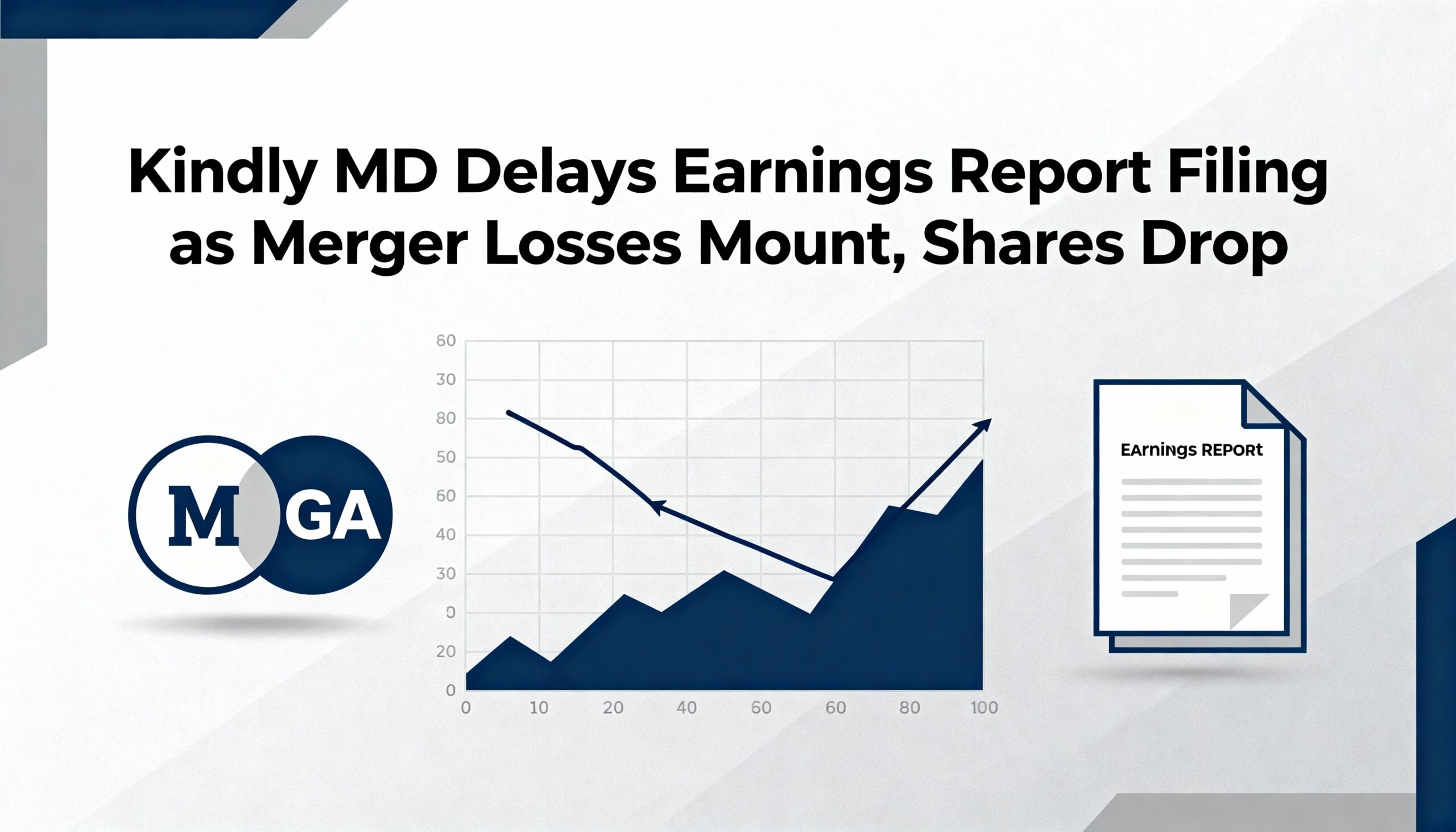Bitcoin Nears $96K Amid Market Resilience, Despite Tariff Concerns and Economic Weakness
Bitcoin continued its climb on Tuesday, edging closer to the $96,000 mark, rising by 1% in the last 24 hours to trade just under $95,400. This positive momentum comes despite ongoing economic uncertainties, including the lingering impact of the Trump administration’s tariff policies.
The CoinDesk 20 index, which tracks the leading cryptocurrencies by market capitalization (excluding stablecoins and memecoins), gained 1.1% on the day. Bitcoin Cash (BCH) outpaced the broader index with a notable 6.3% jump. In the crypto stock market, Coinbase (COIN) and MicroStrategy (MSTR) saw more modest increases of 0.9% and 3.3%, respectively, while Janover (JNVR) continued its upward trajectory, gaining 16% thanks to its Solana (SOL) holdings.
In traditional markets, the S&P 500 and Nasdaq both rose by 0.55%, extending the recovery from the earlier market turmoil sparked by tariff-related fears. However, underlying economic indicators suggest that not all is well, as consumer sentiment remains weak. The latest data from the Conference Board showed consumer confidence at its lowest point since May 2020, and consumer expectations dipped to levels unseen since 2011. Additionally, the JOLTS report for March revealed a drop in job openings to 7.19 million, short of expectations.
Meanwhile, Secretary of Commerce Howard Lutnick confirmed that the U.S. government is finalizing a trade agreement with an undisclosed nation. However, the deal still needs approval from that country’s leadership before it is fully ratified.
Despite these troubling economic signs, market participants remain largely optimistic, with many continuing to focus on the potential for Federal Reserve rate cuts. Yet, some analysts, like Jeff Park from Bitwise, are warning that the markets are overlooking critical risks.
Park expressed his concerns on X, stating: “Hard to fathom how blind the market really is.” He emphasized that while discussions of a rate cut dominate the narrative, the real issue lies in long-term consequences. “A Fed cut won’t matter if the U.S. is no longer seen as a safe bet due to dollar weaponization,” he explained. “The true risk is the mispricing of global capital costs as trust in U.S. assets fades.”





